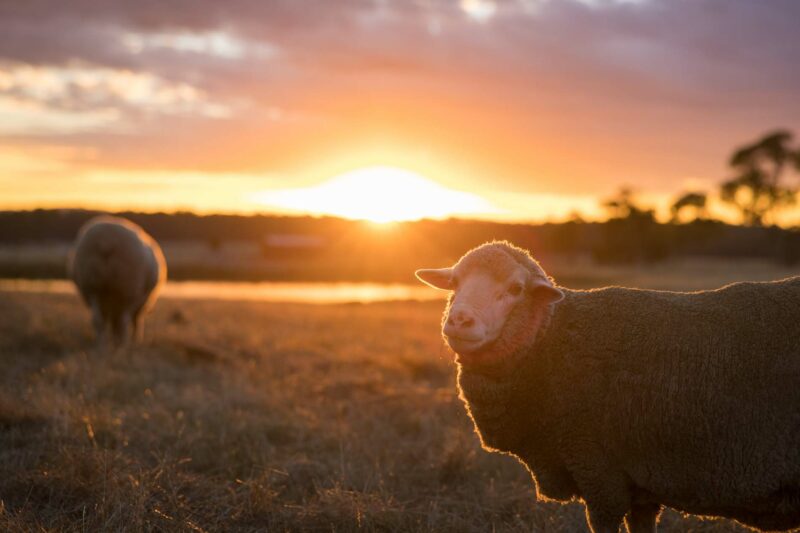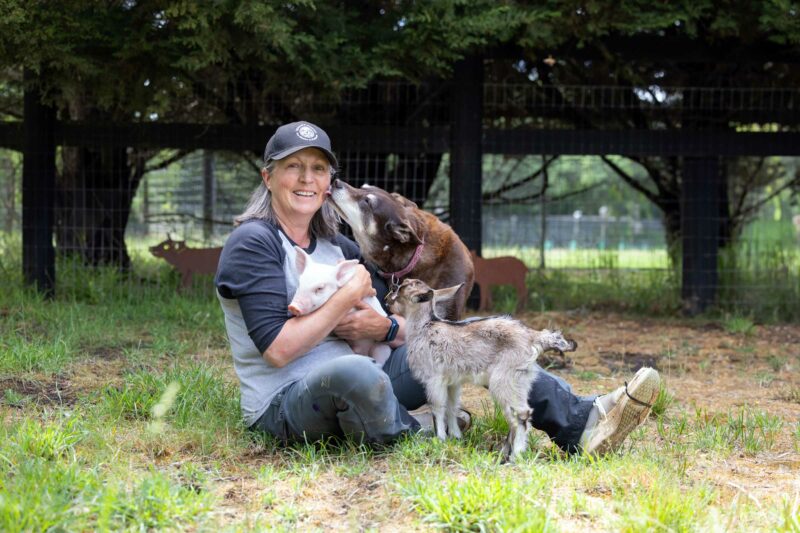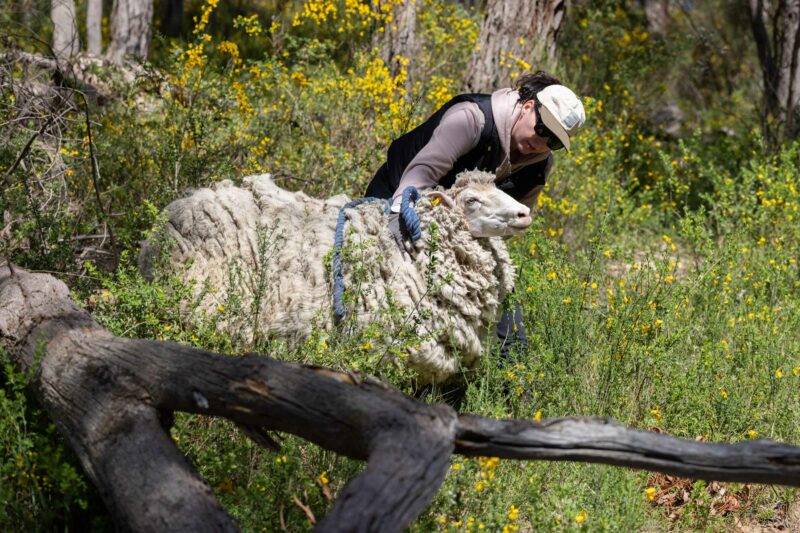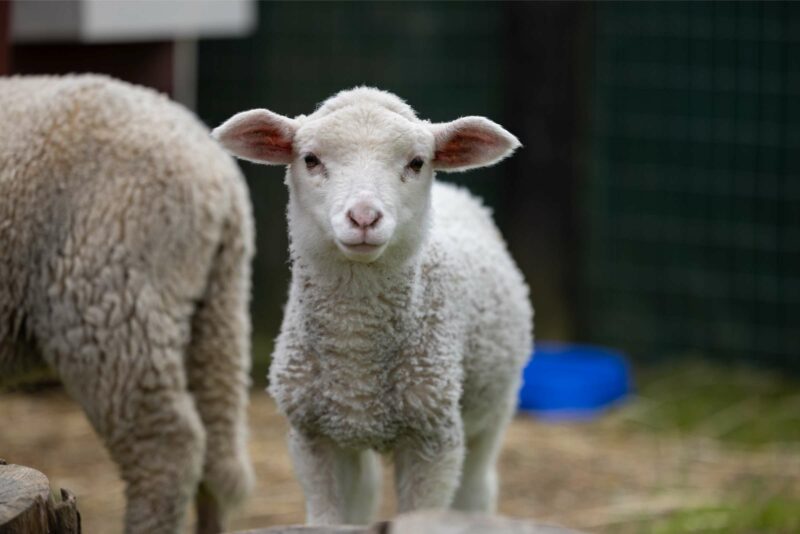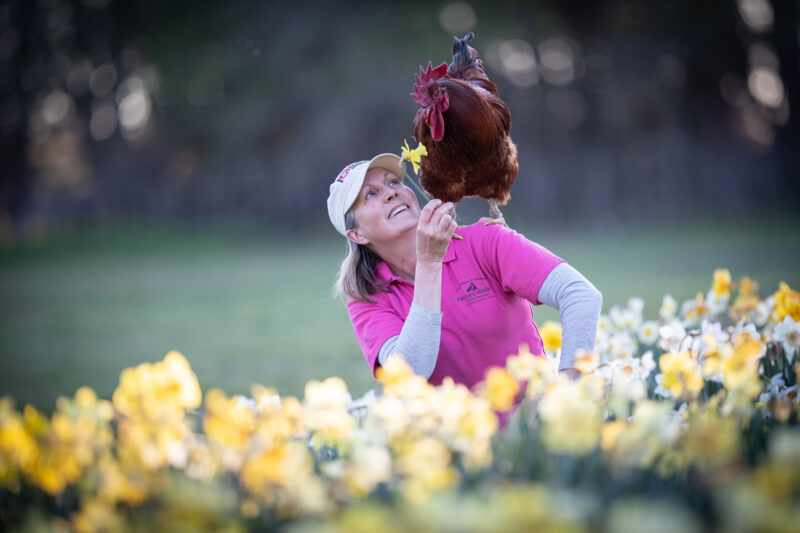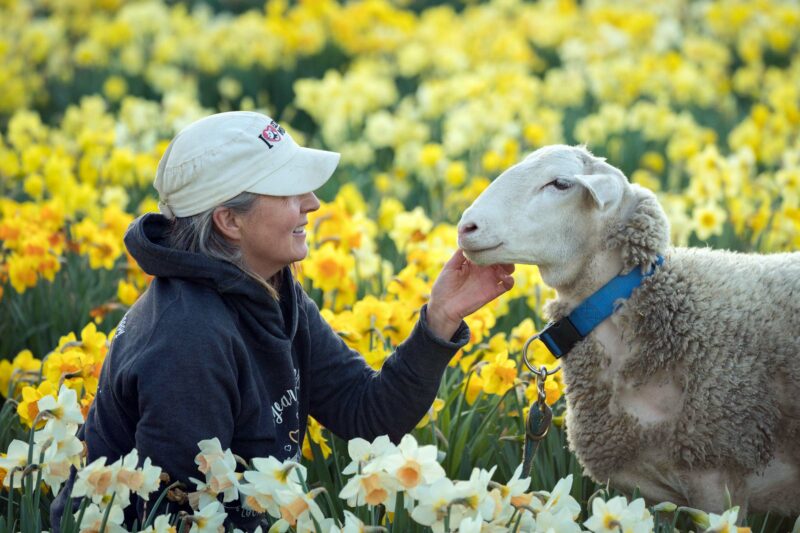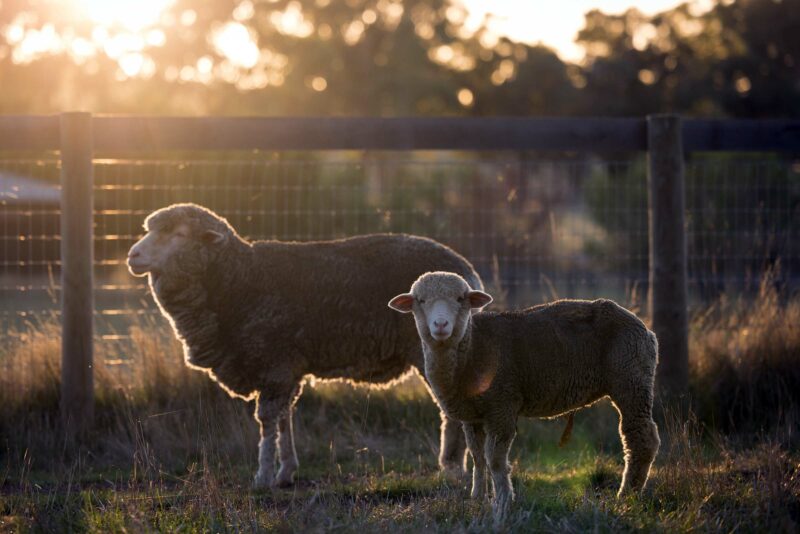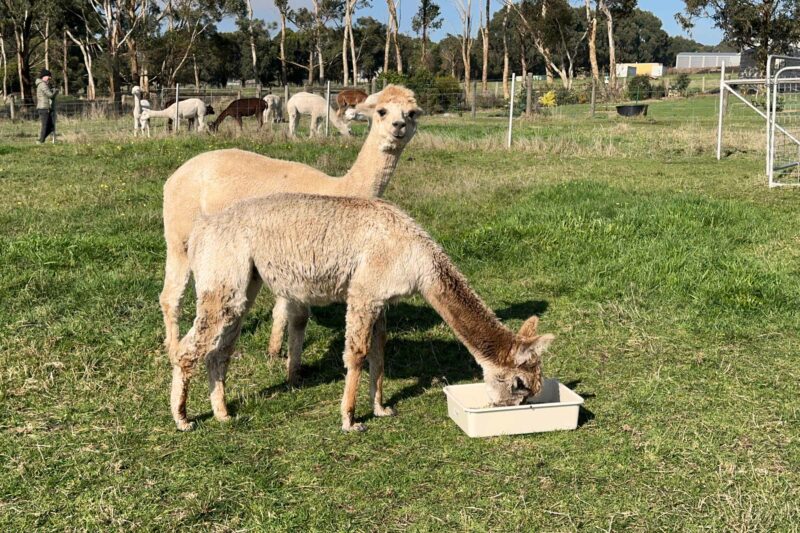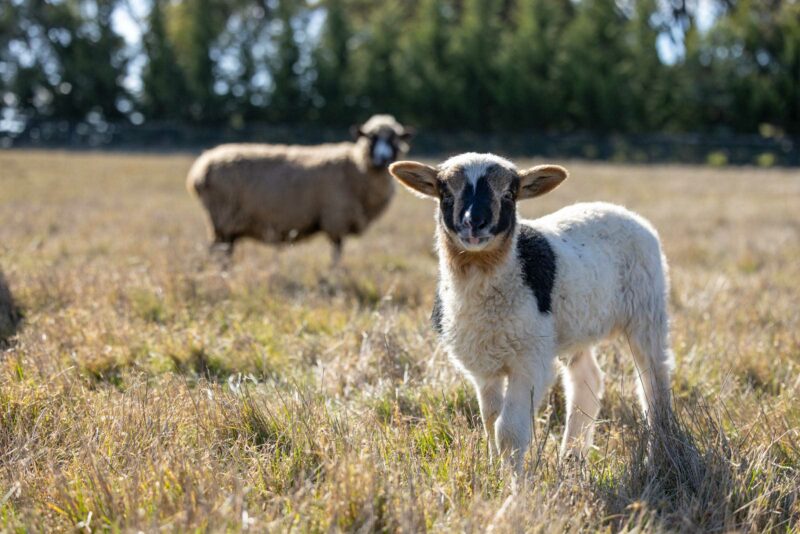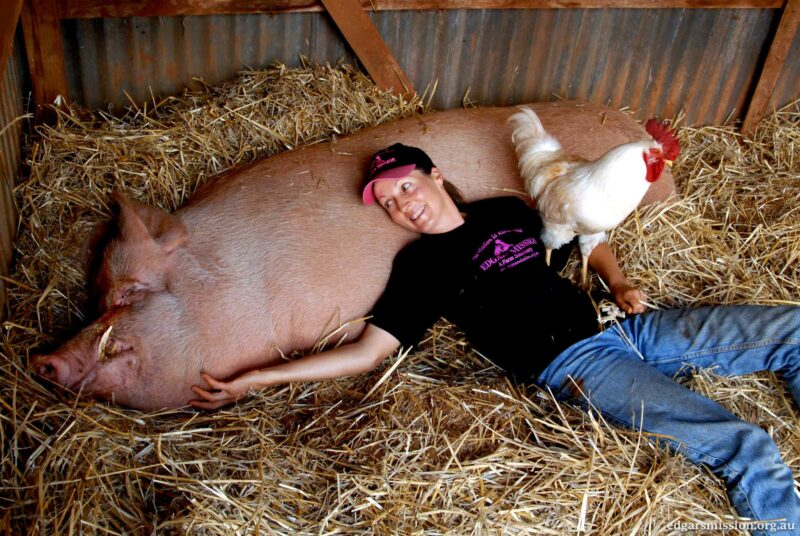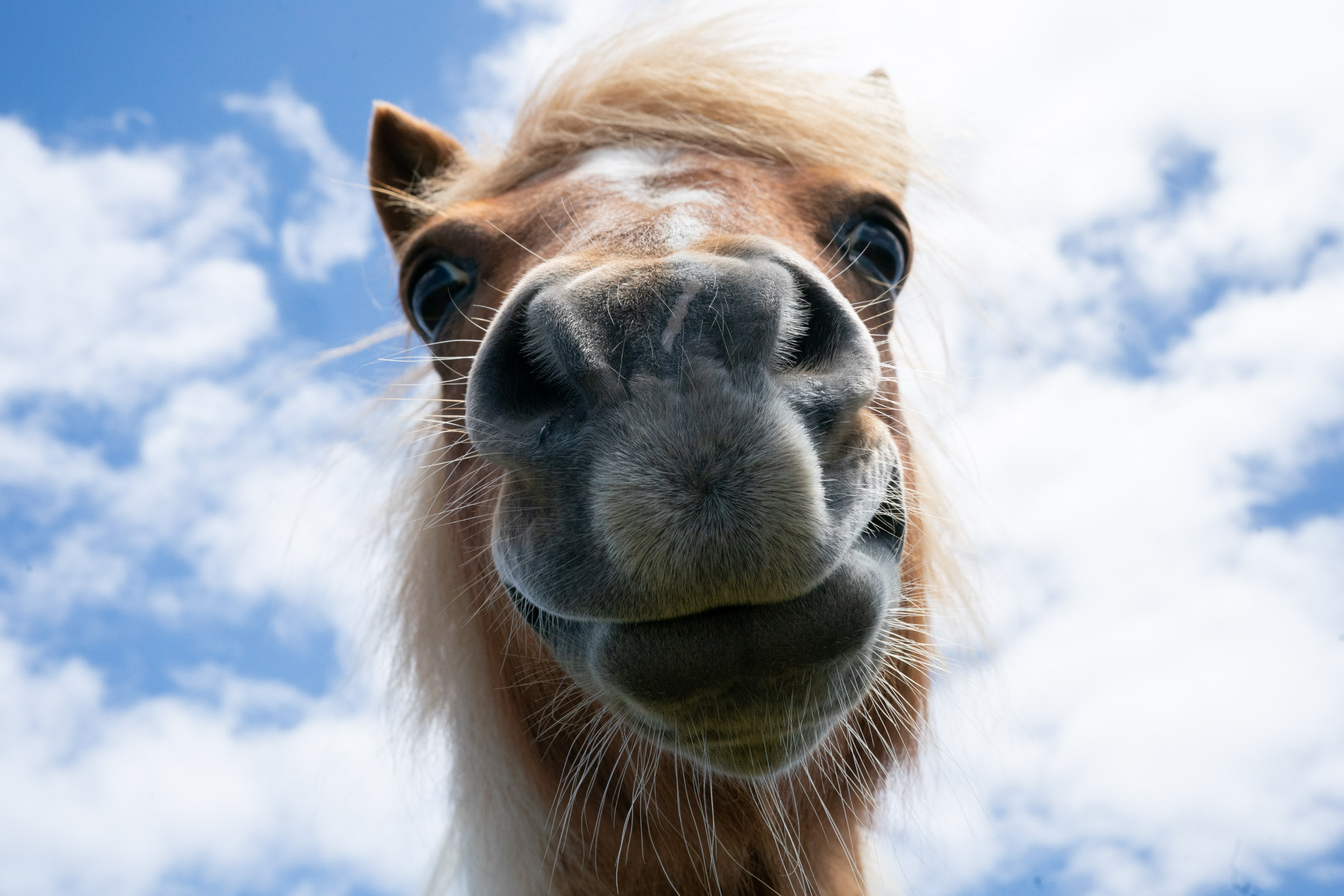
A brave new world…
Momentarily scrolling through Facebook recently (yes, who would have thought I would have time?), both my eye and heart were drawn to a post I could so easily have missed.
I learned that on the 23rd of November 2020, the General Assembly of the FEI (Federation Equestre Internationale, otherwise known as the International Federation for Equestrian Sports) had come together to advance the cause of horses in human sporting endeavours. As a result, conscience and veterinary science united to produce a ruling that will prohibit the clipping or shaving of the long hairs on the muzzle of horses engaged in activities that come under the auspices of this body. It is a practice already banned in Germany and Switzerland.
No big deal, you may think – well actually, this is big, really big, for the implications will be far-reaching. If we have the courage to let them. And whilst this decision will not sit up there as having such influence as Anna Sewell’s classic Black Beauty, this unanimous decision condemning the age-old practice of removing these hairs (traditional methods involved either plucking or shaving) lays bare that cosmetic appeal should never trump welfare. And here’s why.
These hairs, also known as vibrissae, nestle their roots in blood-filled sacs which enable greater movement and perception about the world close at hand (or rather whisker), ferrying this information back to the brain of their natural owner informing them as to how best to act accordingly. They operate like tactile little hands, the removal of which diminishes the horse’s sensory ability.
As an equestrian in my former life (life before Edgar) and a forever lover of horses, I must confess – much to my regret – that for a while I denied my conscience and engaged in such a practice, a practice handed down to me by those who I looked up to and wished to emulate. And yes, I could have stood firm, but more on that later. The old adage, everyone else was doing it…
Nothing was finer than the smooth and well oiled (another cosmetic “enhancement”) pulsating muzzle of a noble steed standing tall and proud, right? Well actually no, I knew it then and I most certainly know it now. And so now too does the world. Such an evolution of thought speaks true that what was once acceptable to one generation is no longer acceptable to another.
This decision too comes at a time when society is more and more extending its moral concern over the treatment of animals, which goes beyond those who share our hearts and homes. Brachycephalic dogs such as pugs and bulldogs, whose critically (and sometimes fatally) squashed in faces are no longer seen as fashionable. Pain relief is now mandated for some (yes, sadly not enough) husbandry practices on young lambs; the live export of animals hangs on by the thinnest of threads; and so too the use of whips by jockeys.
Never before has the social licence on animal use come under the spotlight. The Weekly Times (the bible of the bush) reports of top 10 agricultural trends of the next decade, “a big shift in the number and scale of cattle, sheep and pigs farmed in the future, in favour of horticulture and cropping”.
But harking back to my decision to listen (albeit short-lived) to my head and not my heart, this leads me to ponder just why it is that we humans so often go against the goodness of the human heart and the grain of what we instinctively know to be wrong.
The answer, I feel, lies in the overwhelming desire to belong – to be a part of the group, “my tribe”. And there is good reason for this; our ancestors knew this too. Belonging paid big survival dividends while those outliers, those who did not adhere to group cohesion were the ones who did not live long.
But there is indeed more to group living than belonging, and that is change.
Our ability – or lack thereof – to adapt to this will be at our peril. So how best to adapt? The answer is simple: kindness. Kindness and its ability to flood the brain with serotonin and dopamine opens the pathways for not only happiness, but learning as well, giving us the much-needed tools for change.
The other necessity for change is forgiveness. Whilst we cannot change the past, we can only shape the future. Remember too that no one will change their ways through shame or guilt. Such primal fear-based emotions place one in the fight or flight mode, where there exists no receptivity for new information, thereby denying the capacity for learning or personal growth.
There are so many lessons here, none the least, in forgiveness. In forgiving others, but also ourselves. In recognising that we all can change, and are not restricted or condemned by our past actions. All of which leads me to believe we should not be judged on what we have done, or what we can do – our ability to change and adapt to new, kinder, more just and better informed ways of thinking is the best determinant of who we are. And whilst it indeed takes courage to change, it also takes compassion…
*Black Beauty is classic novel by Anna Sewell first published in 1877. It is a haunting tale written from the perspective of the horse and gives much insight and cause for reflection on the manner in which horses were afforded at the time. A time when callous treatment was the norm due to either the fashion trends of the rich, or poverty restrictions of the poor. Black Beauty has often been compared to having done for horses what Uncle Tom’s Cabin did for slavery. If you haven’t pulled your copy of this book from your shelf or borrowed it from the library for some time, do yourself a favour and do so. It will fuel you with passion and inspire you with purpose.
